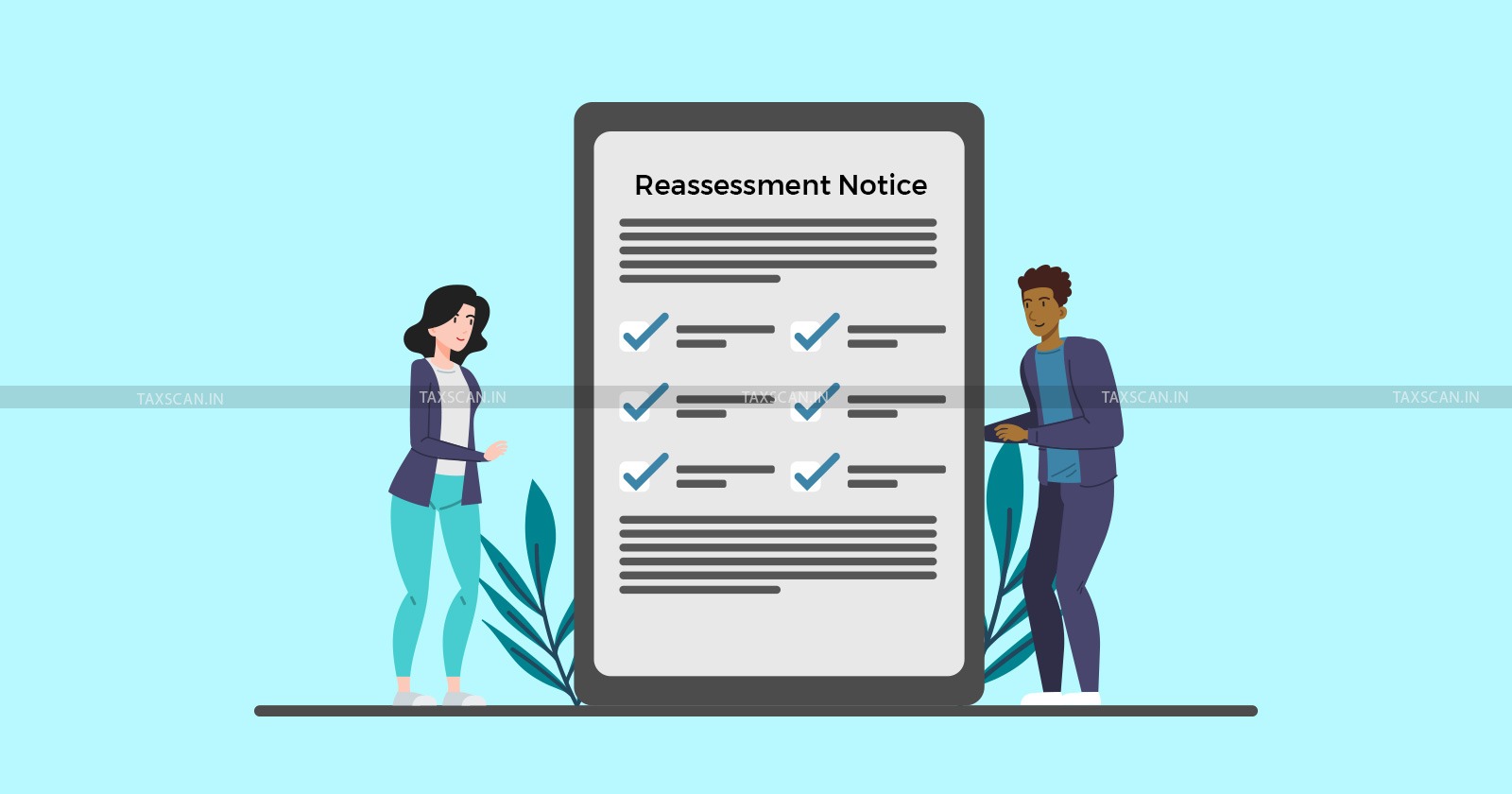Delhi High Court Quashes Reassessment Notice Issued to a Merged Entity [Read Order]
The High Court found that the AO acted in disregard of established legal principles and quashed the reassessment proceedings on this ground

Delhi High Court – Reassessment Notice – Reassessment Notice Issued to a Merged Entity – Reassessment Notice Issued – Merged Entity – Delhi High Court Quashes – taxscan
Delhi High Court – Reassessment Notice – Reassessment Notice Issued to a Merged Entity – Reassessment Notice Issued – Merged Entity – Delhi High Court Quashes – taxscan
The Delhi High Court has set aside a reassessment notice issued under Section 148 of the Income Tax Act, 1961, ruling that a notice issued in the name of a non-existent entity due to merger is legally invalid. The court held that the Assessing Officer (AO) failed to consider that the entity had ceased to exist post-amalgamation, making the reassessment proceedings void.
Read More: Chhattisgarh HC refuses to Grant Bail under PMLA on failure to Fulfil Twin condition of S. 45
The Petitioner Sonansh Creations Pvt. Ltd., formerly known as Sonali Realtech Pvt. Ltd., which had merged with Tulsi Tracom Pvt. Ltd. through an order passed by the National Company Law Tribunal (NCLT) on September 26, 2019. The merger was effective from April 1, 2018. Following the merger, Tulsi Tracom Pvt. Ltd. filed its income tax return for Assessment Year (AY) 2017-18, declaring an income of Rs.12,96,130. The petitioner informed the Income Tax Department about the merger through a letter dated December 24, 2019.
Despite this, the Assessing Officer issued a notice under Section 148 on June 29, 2021, in the name of Tulsi Tracom Pvt. Ltd., which had ceased to exist due to the merger. The notice was electronically sent to the chartered accountant associated with Tulsi Tracom, who responded on July 19, 2021, informing the AO that the entity no longer existed. The petitioner challenged the reassessment notice, arguing that it was legally invalid because it was issued to a non-existent entity.
Confused About SME IPO? Learn the A-Z of Listing & Compliance Today!, Enroll Now
Read More: CBDT issues Guidance Circular on Application of Principal Purpose Tests Under DTAA
The High Court relied on the Supreme Court’s decision in Principal Commissioner of Income Tax v. Maruti Suzuki (India) Ltd., which held that any jurisdictional notice issued in the name of a non-existent entity is void ab initio. The court observed that the AO was informed about the merger well in advance but still proceeded to issue the notice to the defunct entity. The High Court found that the final reassessment notice was issued in the petitioner’s name, but the initial notice under Section 148A(b) was addressed to Tulsi Tracom Pvt. Ltd., which made the entire reassessment proceedings unlawful.
The petitioner also argued that the AO failed to provide supporting material to justify reopening the assessment, violating the Supreme Court’s ruling in Union of India v. Ashish Agarwal. The petitioner contended that the reassessment notice violated Section 149 of the Income Tax Act, as it was issued beyond three years from the end of the relevant assessment year without the AO establishing that the escaped income exceeded Rs.50 lakh, as required under the amended reassessment scheme.
The Revenue argued that the order under Section 148A(d) and the final notice under Section 148 were issued in the petitioner’s name, not Tulsi Tracom Pvt. Ltd. It contended that since the petitioner had been given an opportunity to respond, the AO had jurisdiction to reopen the assessment based on material suggesting income escapement. The Revenue maintained that the petitioner had participated in the proceedings and could not now claim that the notice was invalid.
Confused About SME IPO? Learn the A-Z of Listing & Compliance Today!, Enroll Now
The High Court rejected the Revenue’s arguments and emphasized that jurisdictional defects cannot be cured merely by issuing a later notice in the correct name. The court stated that the initial notice is the foundation of reassessment proceedings, and if it is defective, the entire process becomes invalid. The failure to issue the notice in the correct name vitiated the reassessment proceedings from the outset.
The court also observed that tax authorities must exercise due diligence and ensure compliance with procedural requirements before issuing reassessment notices. It emphasized that mergers and amalgamations create legal consequences, and the Income Tax Department cannot ignore these corporate restructuring events while initiating proceedings. The High Court found that the AO acted in disregard of established legal principles and quashed the reassessment proceedings on this ground.
In its final ruling, the Delhi High Court Acting Chief Justice Swarna Kanta Sharma quashed the reassessment notice and set aside the proceedings, holding that the initial notice was issued to a non-existent entity, making the entire process legally invalid.
To Read the full text of the Order CLICK HERE
Support our journalism by subscribing to Taxscan premium. Follow us on Telegram for quick updates


